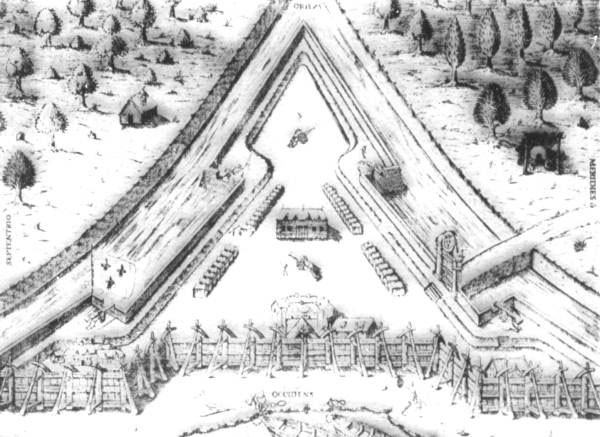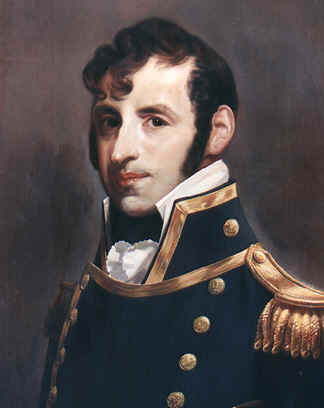It was the year of the lord 1776, and Europe was at war. All eyes were focused on France and its allies, the Confederation of the Rhine and the Sultanate of Russia, as they warred against the Kingdom of Sweden and the decaying Ottoman Caliphate. Political commentators pointed to Napoleon's great success and large empire as evidence of the validity of socialism, a new ideal embraced by the French, while others ascribed it simply to the incompetence of France's enemies.
Regardless of this, all were ignorant to a new force stirring half a world away, in the backwater of North America. Dutch colonists along the eastern coast of the continent had been largely autonomous for decades. Populating the region during the religious wars of previous centuries, the most avidly independent and republican Dutch wandered to Nieuw Holland in increasing numbers. With Holland's influence in the world waning, the Nieuw Hollanders decided that it was now or never, and approached the King of the Netherlands with their demands: full independence for Nieuw Holland. The King was forced to relent.
From Maine to the Potomac, the delegates came together to decide the fate of their new nation. To follow would come perhaps the greatest failure of democracy in recorded history, one which would have a profound effect on the world - for better or for worse. None of the delegates could agree on even the simplest of matters. Within a day, the convention fell apart, and the new nation still had no constitution. In these uncertain times came Andrew Jackson, a descendant of English colonists, and a charismatic soldier. Leading a private army of rabid patriots up and down the East Coast, the cities of the former Nieuw Holland fall one by one under Jackson's control. Soon Jackson anointed himself First Citizen and Stadtholder of a new nation - Verenigde Staten van Amerika.
Now Jackson sits in his newly-constructed, eponymous capital on the Potomac River, looking upon the map of the world. Soon his grand dream will be realized. And he will not rest until above the world fly...
Regardless of this, all were ignorant to a new force stirring half a world away, in the backwater of North America. Dutch colonists along the eastern coast of the continent had been largely autonomous for decades. Populating the region during the religious wars of previous centuries, the most avidly independent and republican Dutch wandered to Nieuw Holland in increasing numbers. With Holland's influence in the world waning, the Nieuw Hollanders decided that it was now or never, and approached the King of the Netherlands with their demands: full independence for Nieuw Holland. The King was forced to relent.
From Maine to the Potomac, the delegates came together to decide the fate of their new nation. To follow would come perhaps the greatest failure of democracy in recorded history, one which would have a profound effect on the world - for better or for worse. None of the delegates could agree on even the simplest of matters. Within a day, the convention fell apart, and the new nation still had no constitution. In these uncertain times came Andrew Jackson, a descendant of English colonists, and a charismatic soldier. Leading a private army of rabid patriots up and down the East Coast, the cities of the former Nieuw Holland fall one by one under Jackson's control. Soon Jackson anointed himself First Citizen and Stadtholder of a new nation - Verenigde Staten van Amerika.
Now Jackson sits in his newly-constructed, eponymous capital on the Potomac River, looking upon the map of the world. Soon his grand dream will be realized. And he will not rest until above the world fly...

Spoiler Disclaimer... :
I should note now that a lot of bad, bad things are going to go on in this AAR. That's kinda a given with a story centering on a fascist state (or proto-fascist as the case may be). Let it be noted now that I do not necessarily support any of the actions taken by Jacksonian America, especially the bad stuff. Just getting that out of the way so I don't get in trouble.  That being said, I hope you enjoy the story any way.
That being said, I hope you enjoy the story any way.
 That being said, I hope you enjoy the story any way.
That being said, I hope you enjoy the story any way.
























 that's one weird world
that's one weird world Look at my posts in the OMG Look What Happened thread if you don't believe me.
Look at my posts in the OMG Look What Happened thread if you don't believe me.






